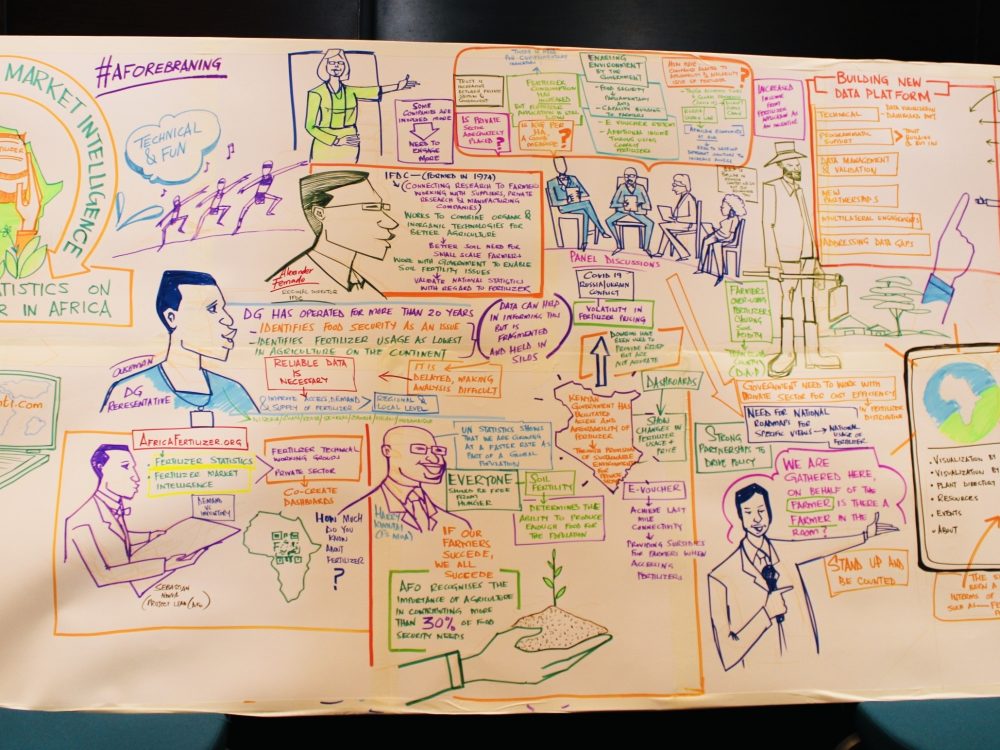Parasites and Looting, AKA Corruption
While in a previous post we applauded one oil company for taking a huge leap in transparency, it’s a small (albeit very important) drop in a large bucket of issues around natural resources in developing countries. Oxfam hasn’t forgotten that there is still a fight in the US to make oil payments open. They’ve requested all to back Section 1504 of the Dodd-Frank Act by adding their name to a letter to the Chair of the Securities and Exchange Commission.
It shouldn’t come as a surprise that oil and natural resources are wrapped up in corruption and hidden deals. A sharp op-ed in the NY Times compared the corrupt official to the literal parasites that are embedded in poor countries. Both are pervasive, damaging and the poor are the most affected by both.
The issue is so vast that whole books are written about it, such as recently released The Looting Machine by Tom Burgis. But as a NY Times book reviewer mentioned, little in this book talks about what is to be done about it.
In addition to initiatives such as publishing payments, there are other ways to protect and improve the ways countries use their natural resources. One example is a recent training of Tanzanian government officials on how to make public-private partnerships that will hopefully enable government to make partnerships that are beneficial to country development.
Other initiatives work at a hyper-local level to enable local communities to protect their local resources through actions such as mapping and boundary agreements.
When we talk about a data revolution, I can’t imagine how explosive the data could be around corporate payments, natural resources, and the effects on local communities drilling, mining, and other activities have had. There is a reason it is being fought on both sides of the table, because this type of information could start to turn the tables.
A recent post on Markets for Good explored how they were originally hesitant to call the data revolution a “revolution” instead of evolution. They eventually changed their mind after realizing the lack of information they could find on health and poverty.
What the article touched on lightly, is what I think actually defines a revolution. Change. It is not merely having the data that is revolutionary, but using that data to make changes. To be able to make data-based decisions, policies, and initiatives is what will define this as a data revolution, instead of merely an evolution.
So we can’t just target statistics departments, but we must target the leaders and the decisions makers to start using the data for their decisions. It will take citizens to demand data for proof of why they made those decisions, and it will take evaluative units, and media to verify that the data is accurate. It will take a revolution.
This piece was originally posted on the First Tranche. Image Source: @peterspeyer.
Share This Post
Related from our library

Building a Sustainable Cashew Sector in West Africa Through Data and Collaboration
Cashew-IN project came to an end in August 2024 after four years of working with government agencies, producers, traders, processors, and development partners in the five implementing countries to co-create an online tool aimed to inform, support, promote, and strengthen Africa’s cashew industry. This blog outlines some of the key project highlights, including some of the challenges we faced, lessons learned, success stories, and identified opportunities for a more competitive cashew sector in West Africa.

Digital Transformation for Public Value: Development Gateway’s Insights from Agriculture & Open Contracting
In today’s fast-evolving world, governments and public organizations are under more pressure than ever before to deliver efficient, transparent services that align with public expectations. In this blog, we delve into the key concepts behind digital transformation and how it can enhance public value by promoting transparency, informing policy, and supporting evidence-based decision-making.

From Data Gaps to Impact: Key Insights from the VIFAA Program
Over the last six years, DG, together with its partners AfricaFertilizer (AFO) and Wallace & Associates, collaborated to implement the Visualizing Insights on Fertilizer for African Agriculture (VIFAA) Program. In the program’s final year (2024), the team undertook a “program learning process” to reflect on outcomes, challenges, and successes through internal interviews. This blog captures five key learnings, which we hope will guide similar programs aiming to bridge data gaps in agricultural development.